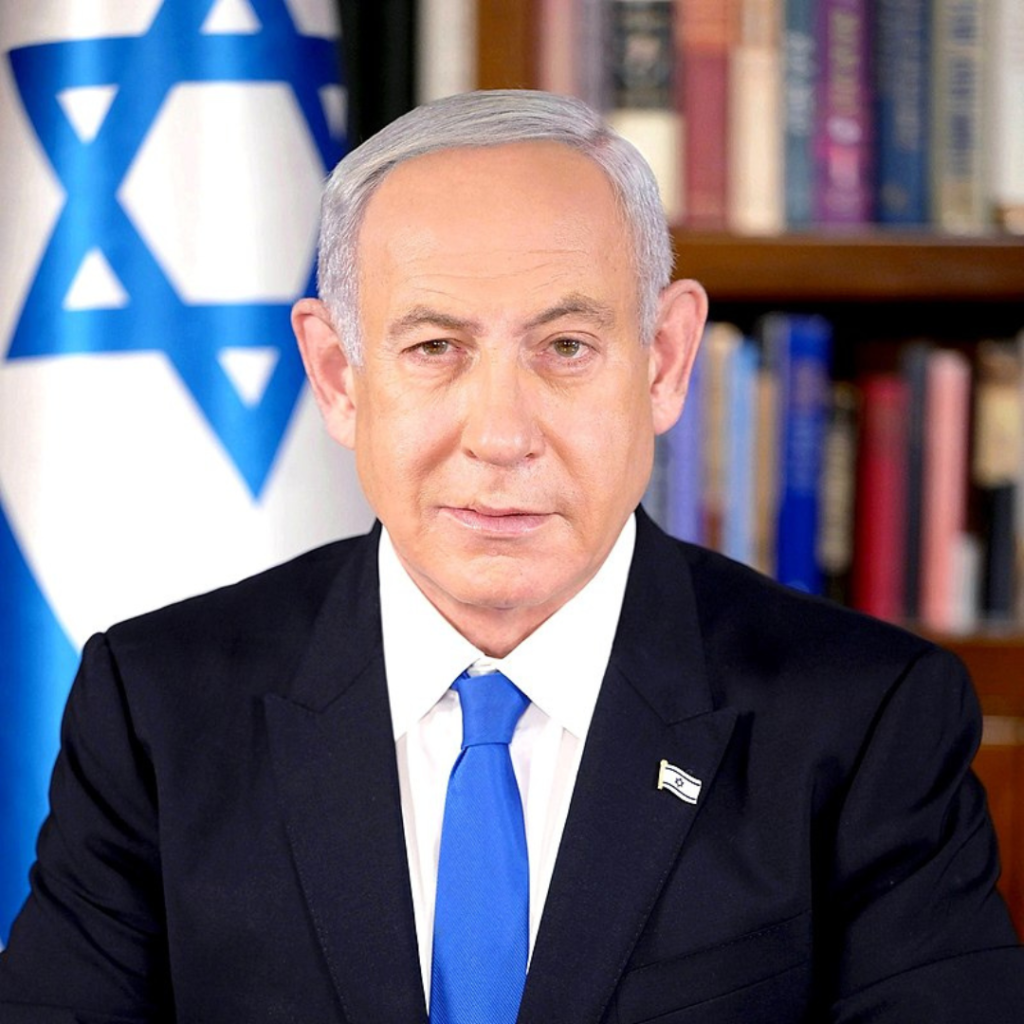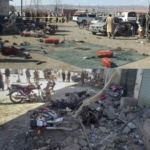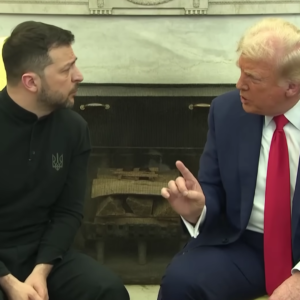Israeli Prime Minister Benjamin Netanyahu has firmly dismissed Hamas’s proposed terms for a ceasefire, asserting that achieving “total victory” in Gaza remains a viable goal within a matter of months.
Netanyahu’s rejection follows Hamas’s presentation of a set of conditions in response to an Israel-backed ceasefire initiative.
In a press conference on Wednesday, Netanyahu declared that negotiations with Hamas were futile and labeled their terms as “bizarre,” emphasizing the need for a comprehensive and definitive resolution to the conflict.
“There is no alternative but to secure a complete and decisive victory,” Netanyahu asserted, warning of the inevitability of further violence if Hamas persists in Gaza.
While Israel’s rejection of Hamas’s counter-offer was expected, Netanyahu’s response signifies a clear and categorical refusal, indicating that Israeli officials view Hamas’s attempt to dictate terms for ending the conflict as unacceptable.
Responding to Netanyahu’s remarks, senior Hamas official Sami Abu Zuhri dismissed them as mere political posturing, suggesting Netanyahu’s intent to prolong the regional strife.
Meanwhile, an Egyptian official source disclosed that further negotiations, facilitated by Egypt and Qatar, are slated to resume in Cairo on Thursday, underscoring Egypt’s call for flexibility from all parties to achieve a peaceful resolution.
Netanyahu’s dismissal of Hamas’s proposal as “delusional” stands in contrast to Qatar’s characterization of Hamas’s response as “constructive.”
Hamas’s counter-offer, outlined on Tuesday, included three phases:
Phase one: A 45-day ceasefire period during which certain categories of Israeli hostages, along with the elderly and infirm, would be exchanged for Palestinian detainees in Israeli prisons. Israeli forces would withdraw from populated areas in Gaza, and reconstruction efforts for hospitals and refugee camps would commence.
Phase two: Remaining Israeli hostages would be exchanged for Palestinian prisoners, and Israeli forces would completely withdraw from Gaza.
Phase three: Both sides would exchange human remains and bodies.
Furthermore, the proposed agreement aimed to increase aid deliveries to Gaza, with negotiations to conclude the conflict by the end of the 135-day ceasefire period.
The ongoing conflict between Israel and Hamas, triggered by Hamas attacks on southern Israel last October, has resulted in significant casualties, with over 1,300 fatalities reported on the Israeli side and tens of thousands of Palestinian casualties, according to Hamas-run health authorities.
Latest News: Concerns mount in Baluchistan as bombings claim 30 lives before elections
Israeli Forces Prepare to Enter Rafah
On Wednesday, Prime Minister Netanyahu confirmed that Israeli forces have been instructed to prepare for operations in Rafah, a southern city in Gaza where tens of thousands of Palestinians have sought refuge from the ongoing conflict.
The prospect of Israeli forces entering Rafah has raised concerns about exacerbating the humanitarian crisis in the city, with UN Secretary-General Antonio Guterres warning that such a move would significantly worsen an already dire situation.
“We fear the invasion of Rafah,” expressed one displaced individual at the Rafah Crossing near the Egyptian border. “We live in fear and uncertainty. Food is scarce, and the weather is harsh.”
Netanyahu’s announcement dealt a setback to the sustained efforts led by the US to broker a deal, described by Secretary of State Antony Blinken as “the best path forward,” despite acknowledging the challenges that remain.
Speaking at a press conference, Blinken acknowledged some obstacles in Hamas’s proposed terms but remained optimistic about the possibility of reaching an agreement. “We believe there is room for negotiation, and we will tirelessly work towards that goal until it’s achieved,” he affirmed.
Sharone Lifshitz, whose parents were among those kidnapped in southern Israel last October and taken to Gaza, expressed deep concern over Netanyahu’s rejection of Hamas’s ceasefire terms, fearing it could endanger more hostages. While her 85-year-old mother, Yocheved, was released, her father Oded remained in captivity.
“My father is frail and cannot endure much longer,” she lamented. “I hope the prime minister considers his fate and doesn’t disregard him as someone destined to return in a coffin.”
Netanyahu’s stance underscores the enduring disparity between the US and Israel’s visions for Gaza’s future. While Israel advocates for maintaining overall security control and governance by local bodies disconnected from Hamas, the US supports a future that includes a Palestinian state.
The pressing question now is whether the ongoing talks can salvage an agreement to facilitate the exchange of hostages and prisoners and implement a much-needed humanitarian pause to allow increased aid delivery to Gaza.
Read More: Benjamin Netanyahu calls for Rafah evacuation plans.













